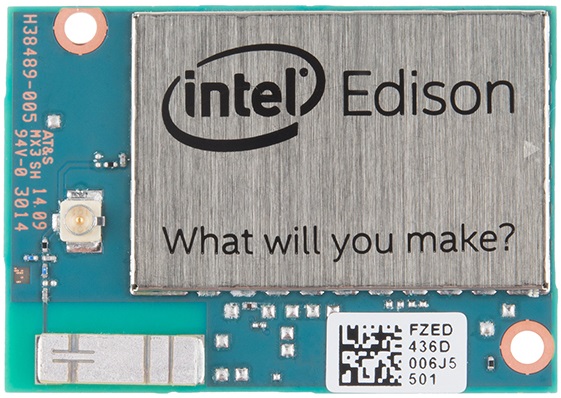Single Board Computer Benchmarks
Introduction
A benchmark is a test used to judge the quality of similar things in a group, at least according to Merriam-Webster.
Many computer enthusiasts use a wide array of benchmarking tools to push their computers to the limits and compare the results. PC gaming fans, in particular, favor 3D graphics benchmarks, such as 3DMark to test their computer's gaming prowess. A single board computer (SBC) may not have the same computing power as a modern gaming desktop, but it can still be quite useful and powerful in the right situation.
SBC users have myriad uses for their tiny computers, so subjecting them to just one benchmark, such as graphics, would be remiss of us to not take power, CPU, RAM, etc. into account. As a result, we put together a suite of tests that cover a breadth of characteristics of the various SBCs.
Note that benchmarking tools generally do not accurately represent how a user might interact with the computer and instead test only one or two aspects of the computer. Additionally, several factors might influence how the benchmark performs, such as specific versions of libraries (e.g. X11 libraries), compiler options used, and even the version of benchmarking tool used.
We want to test the out-of-box performance of several SBCs, and as such, we try to keep all software as default as possible (vanilla install from the manufacturer's site or pre-installed on the SBC). We will also try to list which versions of the operating system (OS) and benchmarking tool we used so you can have an idea of where things might differ.
The intent of these tests is to give you an idea of the relative performance among several SBCs. As a result, we don't have to be very accurate, but we would like to try and be as precise as possible so we can compare relative performance. These tests are more broad than in-depth. Additionally, we can choose to leave out tests that require a graphical user interface (GUI) for modules like the Edison.
In the Tests section, we will cover the various benchmarking tools used, what they test, and how to install them (should you wish to replicate our results).
Every so often, we will benchmark a set of SBCs. Each "round" will ideally cover a subset of SBC within a generation (e.g. "Round 1" might have the Raspberry Pi 2 where as "Round 2" might have the Raspberry Pi 3).
Recommended Reading
Before delving into the benchmarks, we recommend you become familiar with Linux and some of the command line tools. Additionally, we will be looking at power consumption, so a refresher on electric power might be useful.

